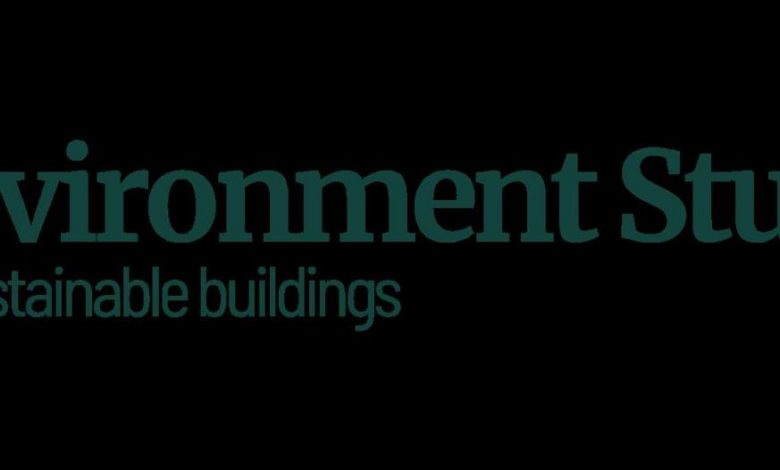The Role of Property Managers in Energy Efficiency Measures

The Role of Property Managers in Energy Efficiency Measures
Why Energy Efficiency is Important for Property Managers
Property managers play a crucial role in ensuring energy efficiency measures are implemented in the properties they manage. Energy efficiency not only helps reduce environmental impact but also leads to significant cost savings. By making energy-efficient choices, property managers can enhance the value of their properties, attract eco-conscious tenants, and contribute to a sustainable future.
The Responsibilities of Property Managers in Energy Efficiency
1. Conducting Energy Audits
Property managers should conduct regular energy audits to identify areas of improvement in energy usage. These audits involve analyzing energy consumption patterns and identifying opportunities for energy-saving measures like insulation, lighting upgrades, and HVAC system optimization.
2. Implementing Energy-Efficient Upgrades
Property managers are responsible for implementing energy-efficient upgrades in their properties. This may include installing energy-efficient appliances, upgrading insulation, replacing outdated lighting fixtures with LED bulbs, and optimizing energy usage through smart home technologies.
3. Monitoring and Maintaining Energy Systems
Property managers need to ensure that energy systems are functioning optimally. This involves regular maintenance of HVAC systems, checking for leaks, and promptly addressing any issues that may lead to energy wastage.
4. Educating Tenants and Staff
Property managers should educate tenants and staff about the importance of energy efficiency and provide guidelines on energy-saving practices. This may include promoting the use of energy-efficient appliances, encouraging proper waste management, and offering information on local energy efficiency programs.
Frequently Asked Questions about Property Managers and Energy Efficiency
1. Can property managers directly influence energy consumption in their properties?
Yes, property managers can directly influence energy consumption in their properties by implementing energy-efficient measures and technologies. By making informed decisions on upgrades, maintenance, and educating tenants, property managers can significantly reduce energy consumption.
2. Are there any financial incentives available for property managers to invest in energy efficiency measures?
Yes, there are various financial incentives available for property managers to invest in energy efficiency measures. These may include rebates, tax incentives, and grants offered by government agencies and local utility providers for implementing energy-saving upgrades.
3. How can property managers measure the energy savings achieved through efficiency measures?
Property managers can measure energy savings by analyzing utility bills before and after implementing energy efficiency measures. Additionally, energy monitoring systems can provide real-time data on energy consumption, helping property managers track and optimize energy usage.
4. What are some easy energy efficiency measures property managers can start with?
Some easy energy efficiency measures property managers can start with include installing programmable thermostats, sealing air leaks, using energy-efficient light bulbs, and encouraging tenants to turn off lights and appliances when not in use. These simple steps can lead to significant energy savings.
By understanding the role property managers play in energy efficiency measures, it becomes clear that their actions can have a substantial impact on both the environment and the profitability of the properties they manage. By implementing energy-efficient upgrades, educating tenants and staff, and monitoring energy consumption, property managers can contribute to a greener future while also benefiting from reduced energy costs.



